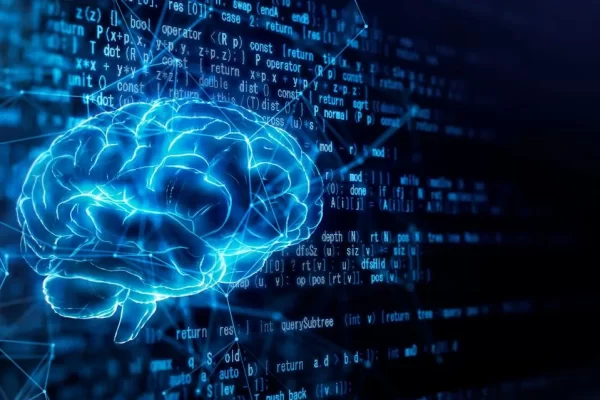Storytelling – One Job Computers Can’t Do
Why writers don’t have to worry about computers taking their jobs
With the rise of artificial intelligence in recent years, and especially after ChatGPT, a complex AI released in 2022, has gone viral, there’s been a lot of debate about computers stealing the jobs of humans. Today’s computer programs can accomplish so many functions faster and more efficiently than humans, such as searching the web and speaking many languages.
One skill, however, that I believe artificial intelligence can never master is creative writing. Of course, AI can write highly complex text about any number of topics and in many different styles – you can see the capabilities of AI writing by playing around with ChatGPT for even just a few minutes – but a computer lacks the depth of human thought that goes into writing fiction.
Writing good non-fiction is no problem for AI programs. If you ask an AI to write a book about whales, it can access all the whale information out there in an instant and put these facts together in an organized, instructional way. AI can also easily produce simple, monotonous writing such as a press release or a play-by-play of a sports game.
The challenge for AI arises when it’s asked to create fiction. I’m not saying that artificial intelligence can’t write fiction. It can. If you give Chat-GPT, for example, a synopsis and ask it to write a short story, it will produce a piece of writing that’s perfectly grammatically and structurally correct.
Just because an AI can write something fictional, however, doesn’t mean it can write it well. Or, at least, not as good as some humans.
Artificial intelligence can never surpass human creativity for a few reasons. One of the biggest downfalls of AI when it comes to writing is a lack of human experience. A lot of ideas for written work comes from the writer’s own life and experiences. A good writer draws inspiration from the world around them, as well as from reading other books. An AI program is just a bunch of ones and zeroes, not a living, breathing person who’s been through life.
Another thing humans have on AI is the ability to feel emotions. The best stories make you feel things – happiness, anger, sadness, and everything in between. The emotions that stories can evoke come from the writer. The writer puts their heart and soul into the writing, maybe inserting their own deep emotions into it.
While artificial intelligence can put words together that describe something sad, it doesn’t know what it’s writing. It can’t write anything from the heart. An AI program doesn’t understand human emotions, so it can’t put that into a story it writes.
The last big thing that prevents AI from ever reaching the creative capability of the human brain is a lack of creative and critical thinking. An AI doesn’t really know the meaning of whatever it writes. The program strings together a series of words that are commonly written next to each other in the huge database of written material it looks at.
A human writer has their own unique voice and style, and can craft stories full of heart and humor. An AI doesn’t have a sense of humor. Humans can write in a variety of different styles and with different tones to feed their creativity, while AI writing is, well, robotic.
You may have heard stories about people using AI to write an entire book, fooling a lot of people. I’m not denying that artificial intelligence can write believable fiction that fits in with other published work. My belief is that these stories are lacking. They’re never going to be as good as something that a human being can think up. There’s always going to be a demand for creative people to write creative stories.
In an interview with Lifewire, Joshua Gans, an author and college professor, summarizes by saying, “AI can replicate certain writing styles or patterns, but it may not have the same level of nuance and variation as a human author…AI may struggle to capture the subtleties of language and convey emotion in the same way that a human can.”
When it comes to writing, artificial intelligence is much more helpful as a tool to assist in writing, not used as your ghostwriter. AI can be used to overcome writer’s block by giving some helpful prompts or starting a paragraph. It can be used to rework some sentences to make them grammatically correct.
Artificial intelligence, if used, should be the editor or helpful guide, not the author.







